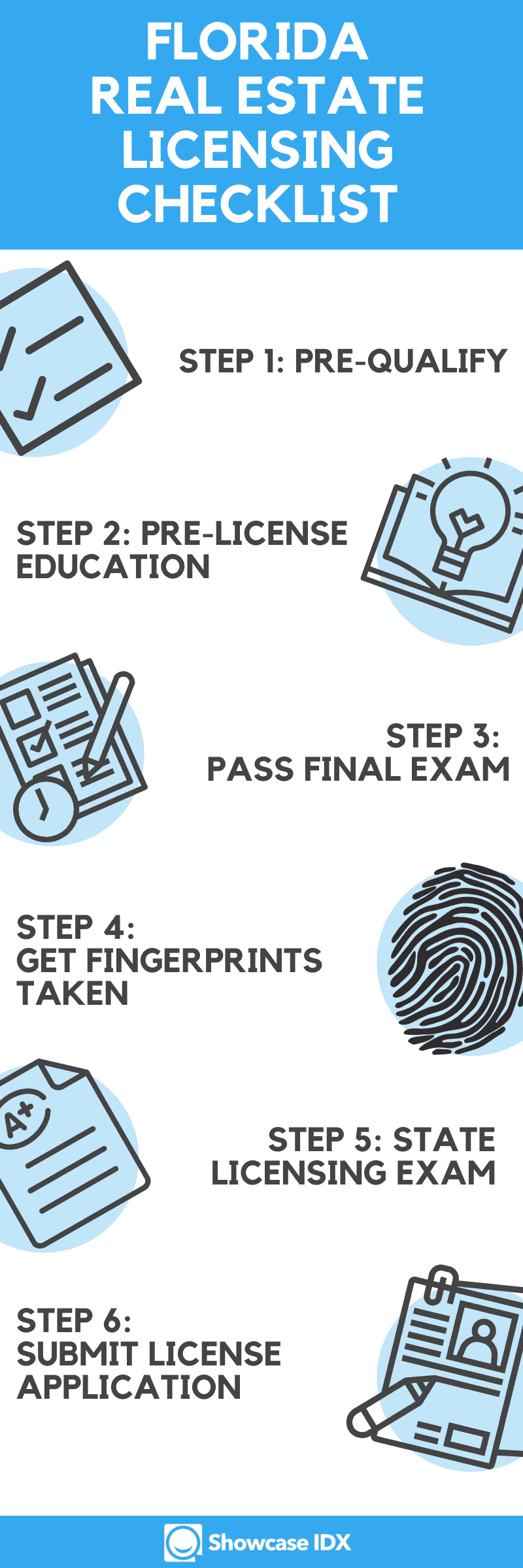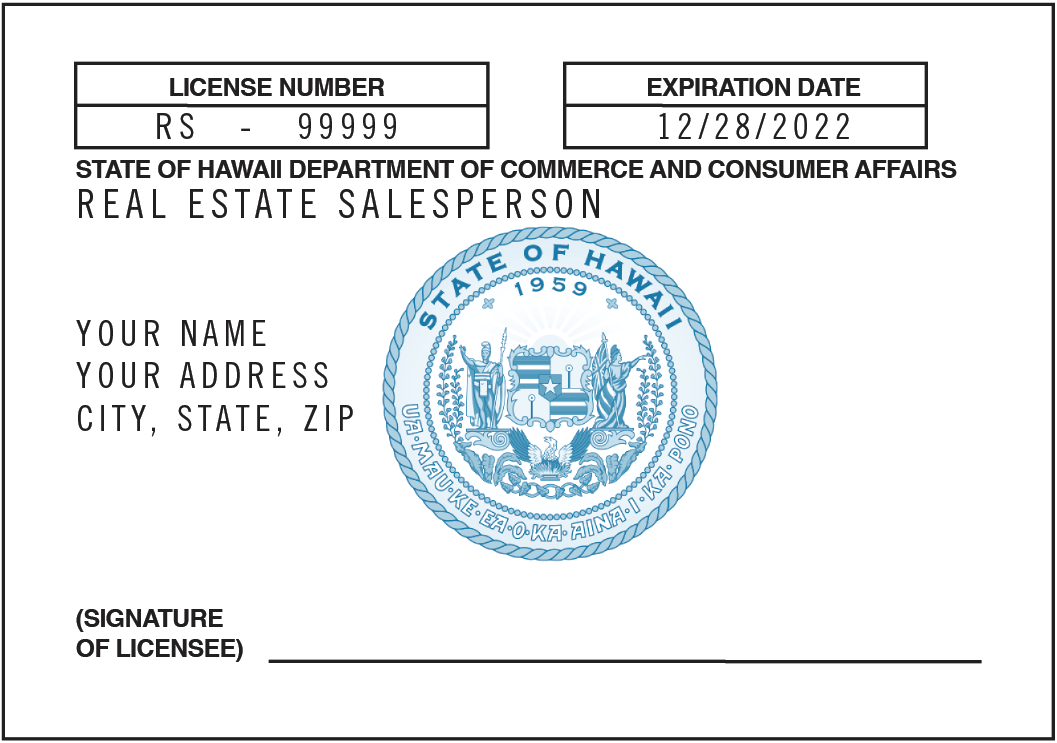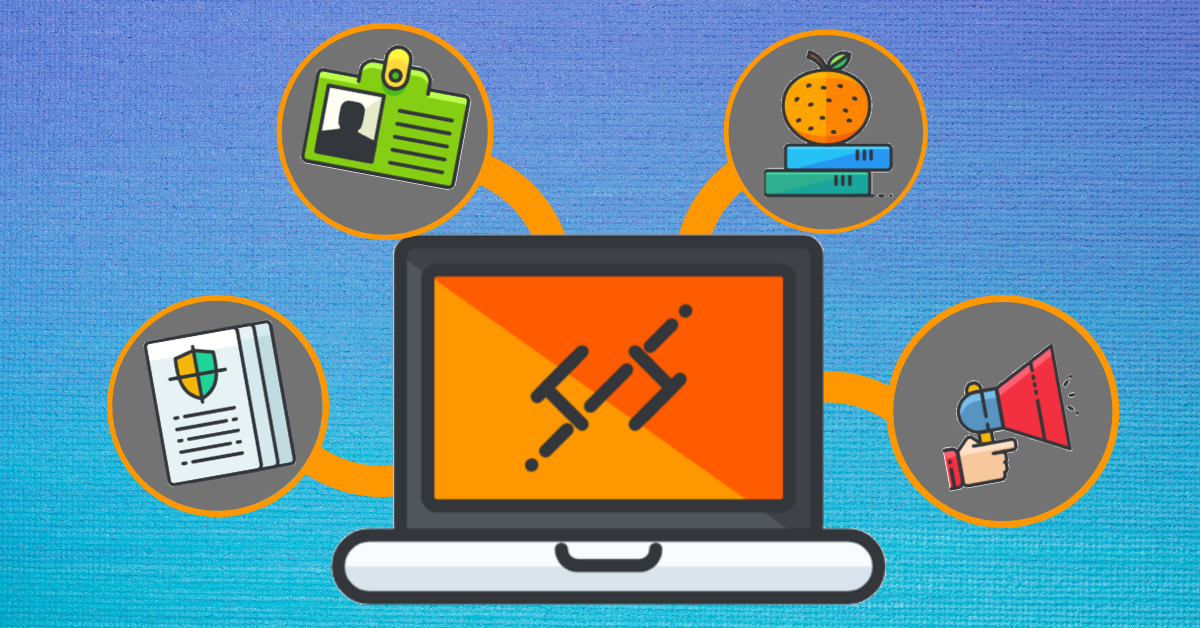
Real estate investments are a great investment option for anyone with a minimum 100k. You can build huge equity quickly and with minimal work by investing in real estate. You can invest in a million dollar house with a down payment of only 100k, and build huge equity over time.
Real estate is the best way to invest.
Real estate is the best option for those with a few hundred thousand dollars. Real estate can not only generate a significant cash flow each year but also serve as a personal asset that will be passed on to future generations. Real estate is a great way to diversify portfolios.

Passive investments are possible with IRAs
An IRA could be a good investment option for 100k, as well as offering tax benefits. An IRA gives you more flexibility than a typical 401(k) plan. You can invest in stocks, ETFs and other asset classes. The right investment strategy can help you grow your investments over the long-term while also taking advantage of tax incentives.
Mutual funds
Make sure you carefully choose which funds to invest $100k. Stock investing can be very risky, especially if it's not done properly. Bonds, however, are more risky. They will yield lower returns, however. It is important to take into account your age and overall health. And be sure to think about whether you can afford to let your money stay in one place for five or more years.
ETFs
If you're looking to invest a hundred thousand dollars, you should consider making the switch to exchange-traded funds or mutual funds. These passive investments are low-cost and can be set up so that they automatically invest recurring amounts. ETFs have many benefits over individual stocks. The barrier to entry is low, making them one of the most preferred investing strategies.
SIPPs DIY
A DIY SIPP is a great option for your first 100k. Here are some factors to consider before investing. You will first need to choose an investing platform. The amount you wish to invest is another important decision. You can check out their SIPP if you want to invest in Vanguard funds. If you don't want to invest in Vanguard funds, consider looking into SIPPs offered by Hargreaves Lansdown (or Fidelity).

The tax benefits of investing in a retirement plan (401(k),)
A 401(k), or IRA, can provide many tax benefits. The first benefit is that it's tax-deferred, which means your money grows tax-deferred until you withdraw it at retirement. This tax-deferral benefits is available for both Roth 401K and traditional accounts.
FAQ
Is it possible to get a second mortgage?
Yes, but it's advisable to consult a professional when deciding whether or not to obtain one. A second mortgage is typically used to consolidate existing debts or to fund home improvements.
Do I need a mortgage broker?
Consider a mortgage broker if you want to get a better rate. A broker works with multiple lenders to negotiate your behalf. Some brokers do take a commission from lenders. Before you sign up, be sure to review all fees associated.
Can I buy my house without a down payment
Yes! Yes! There are many programs that make it possible for people with low incomes to buy a house. These programs include government-backed loans (FHA), VA loans, USDA loans, and conventional mortgages. You can find more information on our website.
Statistics
- This seems to be a more popular trend as the U.S. Census Bureau reports the homeownership rate was around 65% last year. (fortunebuilders.com)
- It's possible to get approved for an FHA loan with a credit score as low as 580 and a down payment of 3.5% or a credit score as low as 500 and a 10% down payment.5 Specialty mortgage loans are loans that don't fit into the conventional or FHA loan categories. (investopedia.com)
- Some experts hypothesize that rates will hit five percent by the second half of 2018, but there has been no official confirmation one way or the other. (fortunebuilders.com)
- Private mortgage insurance may be required for conventional loans when the borrower puts less than 20% down.4 FHA loans are mortgage loans issued by private lenders and backed by the federal government. (investopedia.com)
- When it came to buying a home in 2015, experts predicted that mortgage rates would surpass five percent, yet interest rates remained below four percent. (fortunebuilders.com)
External Links
How To
How to Manage A Rental Property
It can be a great way for you to make extra income, but there are many things to consider before you rent your house. We'll help you understand what to look for when renting out your home.
Here are the basics to help you start thinking about renting out a home.
-
What is the first thing I should do? Before you decide if you want to rent out your house, take a look at your finances. If you have outstanding debts like credit card bills or mortgage payment, you may find it difficult to pay someone else to stay in your home while that you're gone. Check your budget. If your monthly expenses are not covered by your rent, utilities and insurance, it is a sign that you need to reevaluate your finances. It may not be worth it.
-
How much is it to rent my home? Many factors go into calculating the amount you could charge for letting your home. These include factors such as location, size, condition, and season. Keep in mind that prices will vary depending upon where you live. So don't expect to find the same price everywhere. The average market price for renting a one-bedroom flat in London is PS1,400 per month, according to Rightmove. If you were to rent your entire house, this would mean that you would earn approximately PS2,800 per year. This is a good amount, but you might make significantly less if you let only a portion of your home.
-
Is it worthwhile? There are always risks when you do something new. However, it can bring in additional income. Be sure to fully understand what you are signing before you sign anything. Renting your home won't just mean spending more time away from your family; you'll also need to keep up with maintenance costs, pay for repairs and keep the place clean. Before you sign up, make sure to thoroughly consider all of these points.
-
Are there benefits? You now know the costs of renting out your house and feel confident in its value. Now, think about the benefits. There are plenty of reasons to rent out your home: you could use the money to pay off debt, invest in a holiday, save for a rainy day, or simply enjoy having a break from your everyday life. No matter what your choice, renting is likely to be more rewarding than working every single day. If you plan ahead, rent could be your full-time job.
-
How do I find tenants Once you decide that you want to rent out your property, it is important to properly market it. Online listing sites such as Rightmove, Zoopla, and Zoopla are good options. Once potential tenants reach out to you, schedule an interview. This will enable you to evaluate their suitability and verify that they are financially stable enough for you to rent your home.
-
How do I ensure I am covered? If you are worried about your home being empty, it is important to make sure you have adequate protection against fire, theft, and damage. You will need to insure the home through your landlord, or directly with an insurer. Your landlord will often require you to add them to your policy as an additional insured. This means that they'll pay for damages to your property while you're not there. This does not apply if you are living overseas or if your landlord hasn't been registered with UK insurers. You will need to register with an International Insurer in this instance.
-
Sometimes it can feel as though you don’t have the money to spend all day looking at tenants, especially if there are no other jobs. It's important to advertise your property with the best possible attitude. Post ads online and create a professional-looking site. You'll also need to prepare a thorough application form and provide references. While some prefer to do all the work themselves, others hire professionals who can handle most of it. It doesn't matter what you do, you will need to be ready for questions during interviews.
-
What should I do once I've found my tenant? If you have a contract in place, you must inform your tenant of any changes. You may also negotiate terms such as length of stay and deposit. While you might get paid when the tenancy is over, utilities are still a cost that must be paid.
-
How do I collect the rent? When the time comes for you to collect the rent you need to make sure that your tenant has been paying their rent. You'll need remind them about their obligations if they have not. You can deduct any outstanding payments from future rents before sending them a final bill. If you are having difficulty finding your tenant, you can always contact the police. The police won't ordinarily evict unless there's been breach of contract. If necessary, they may issue a warrant.
-
How can I avoid potential problems? It can be very lucrative to rent out your home, but it is important to protect yourself. Make sure you have carbon monoxide detectors installed and security cameras installed. Check with your neighbors to make sure that you are allowed to leave your property open at night. Also ensure that you have sufficient insurance. You should never allow strangers into your home, no matter how they claim to be moving in.